A surprising shift in Algeria"s minerals market is the consistent decline in the percentage of ores and metals exports as part of merchandise exports, dropping from 0. 31% in 2015 to 0. 17% in 2017. This decrease highlights a critical gap as Algeria primarily leans on its oil and natural gas exports, which constituted over 96% as of 2017. The stagnant growth in mineral rents, which only accounted for 0. 04% of the GDP in 2017, signifies untapped potential in the sector. Despite these figures, the import share of ores and metals remains relatively stable, suggesting a domestic industrial demand for imported minerals like cassiterite, chalcopyrite, and chromite. The stable nature of these imports, alongside the global rise in demand for minerals used in technology and manufacturing, presents a significant opportunity for Algeria to bolster its mineral production and export capabilities.
Comparatively, while global counterparts have diversified their economies by leveraging mineral resources, Algeria"s heavy reliance on fossil fuels poses a risk, especially with fluctuating oil prices. This economic scenario calls for strategic investment in the minerals sector to enhance GDP contributions, similar to successful models seen in countries with robust mineral export portfolios. To tap into these opportunities, businesses operating within Algeria"s minerals sector need to streamline their trade processes. Aritral. com, an AI-driven B2B platform, offers services such as product listing and direct communication, enabling businesses to connect with global buyers effectively. By utilizing Aritral"s AI-powered marketing and global sales assistance, Algerian mineral suppliers can enhance their market reach and optimize their profiles for better visibility. Embracing these tools could drive Algeria"s mineral market toward greater economic diversification and growth. "
-
 Fellaha Ibrahim 3 months ago
Fellaha Ibrahim 3 months ago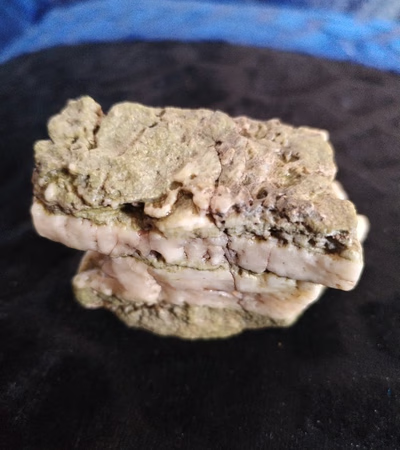 Algeria
Rare Stone
Algeria
Rare Stone
Mountainous StoneDetails
-
 Abd Al-Rahim 2 months ago
Abd Al-Rahim 2 months ago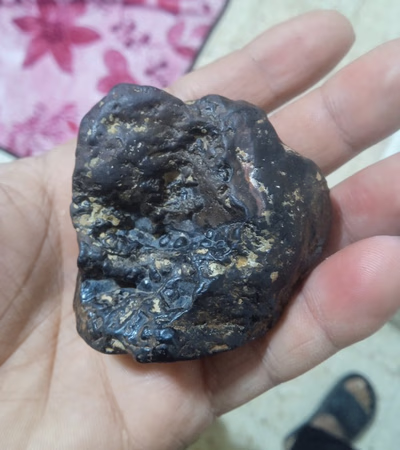 Algeria
Unclassified Meteorite
Algeria
Unclassified Meteorite
A non-magnetic, extremely hard metallic meteorite fell into a dried lake. For your information, I am unclassified.Details
-
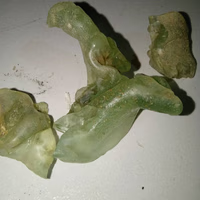 Qadur 2 months ago
Qadur 2 months ago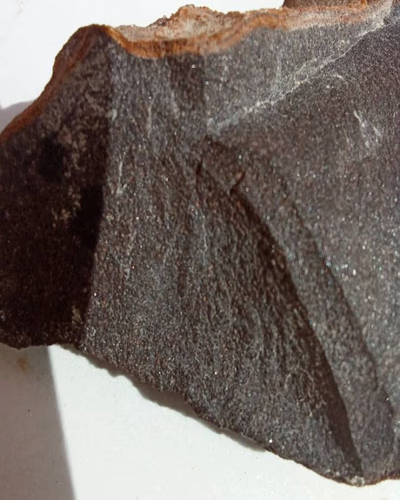 Algeria
Meteor
Algeria
Meteor
💌🤍Details
-
 Abd Al-Nasir 2 months ago
Abd Al-Nasir 2 months ago Algeria
Mineral Stone
Algeria
Mineral Stone
What is the name of this stone and I want to sell itDetails
-
 Nasser Sanousi 2 months ago
Nasser Sanousi 2 months ago Algeria
Meteorite
Algeria
Meteorite
MeteoriteDetails
-
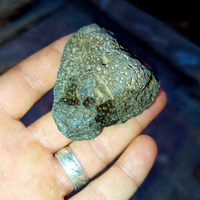 نيزك 2 months ago
نيزك 2 months ago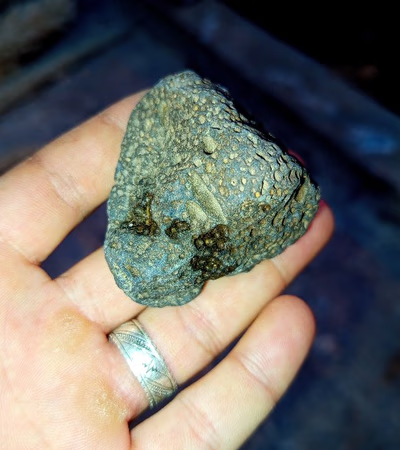 Algeria
نيازك
Algeria
نيازك
نيزكDetails
-
 Nizak 2 months ago
Nizak 2 months ago Algeria
Stone
Algeria
Stone
Large spotted brown stoneDetails
-
 Meteorites 2 months ago
Meteorites 2 months ago Algeria
Meteorites
Algeria
Meteorites
MeteoritesDetails
-
 بن قرينة قويدر 2 months ago
بن قرينة قويدر 2 months ago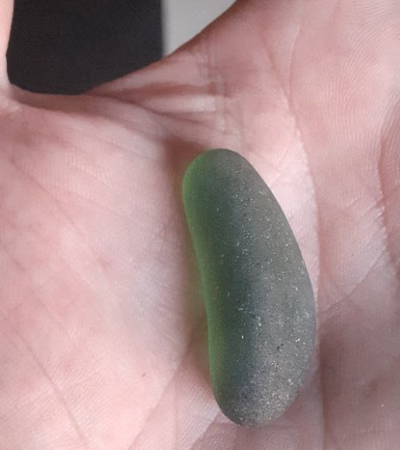 Algeria
Transparent Pure Green Emerald Stone
Algeria
Transparent Pure Green Emerald Stone
Very rare transparent pure green emerald stoneDetails
-
 الحسني امغار 2 months ago
الحسني امغار 2 months ago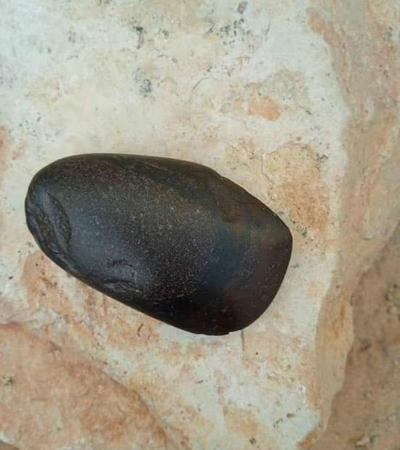 Algeria
Meteorite Stone
Algeria
Meteorite Stone
Basalt Stone + Hematite StonesDetails













